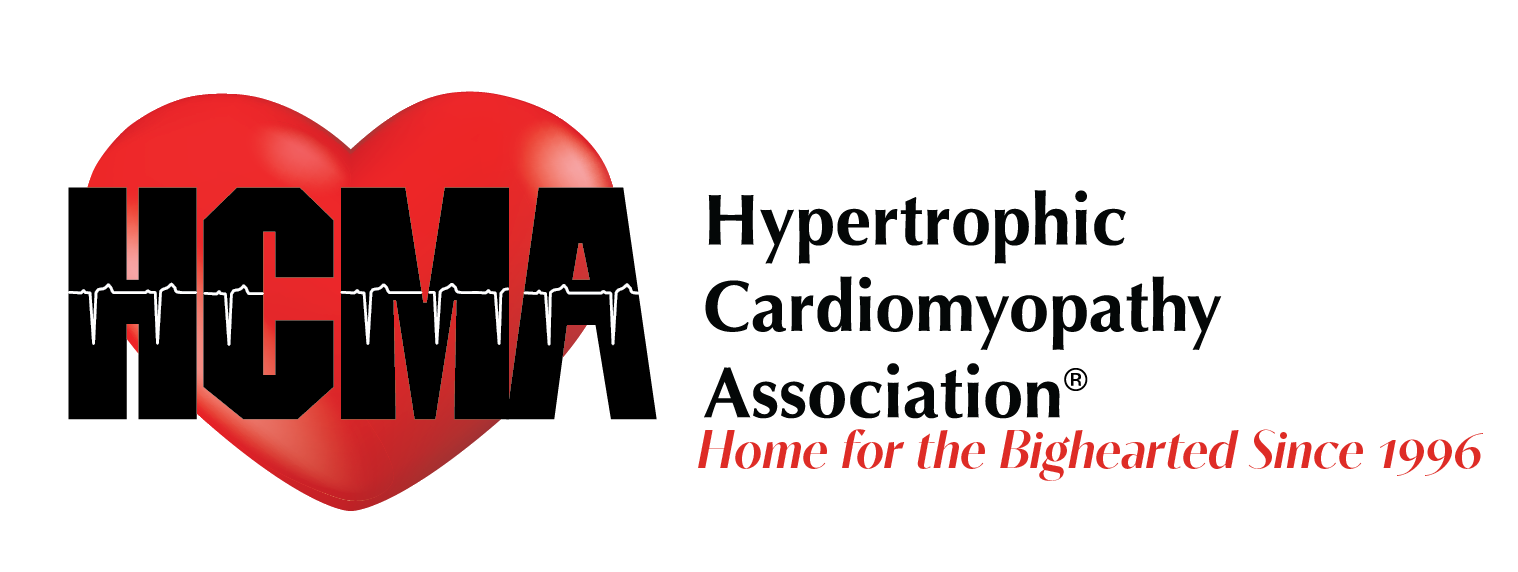Some people with heart disease do not know they have it because it may not cause symptoms, especially early on.
BACKGROUND
In cases where there are no signs and symptoms, heart disease can go undiagnosed. If you have a family history of heart disease, it's a good idea to ask your doctor to evaluate you for it. Some people don't realize that they are having heart symptoms. That's usually because the symptoms are mild and the person assumes they are a normal part of aging.
IT'S GREAT TO BE ASYMPTOMATIC, BUT PAY ATTENTION!
If you are asymptomatic (no symptoms or few symptoms), congratulations! That's wonderful!
If you have heart disease in your family, symptoms may start slowly. You should be aware of any lifestyle changes you may need to make. Taking early action can reduce your risk of developing the family heart problem.
Be alert for warning signs and have a plan in place. Some things to watch for include:
• light-headedness
• unexpected shortness of breath
• heart racing
• chest pain that does not go away with rest
• fainting or nearly fainting
If any of these occur, you should immediately talk to your doctor.
BE PREPARED
Compile your medical records and keep them in a place you can access immediately. Follow a heart-healthy eating plan by limiting salt, saturated fat, sugary food and drinks, alcohol, and tobacco use. Drink plenty of fluids, especially when you exercise. Even if you are well and have no symptoms, you should still see your doctor for regularly scheduled checkups.
Silent heart problems can still cause emergencies. Be sure that those around you know how to do CPR. Performing it in an emergency can keep blood circulating until a normal rhythm can be restored. Make sure that you, your friends, family, and co-workers know where AEDs (Automatic External Defibrillators) are so they can use them if necessary. If your employer doesn't have an AED, suggest that they add one to protect everyone there.
Related Symptoms
Related Symptoms

 Translate
Translate
